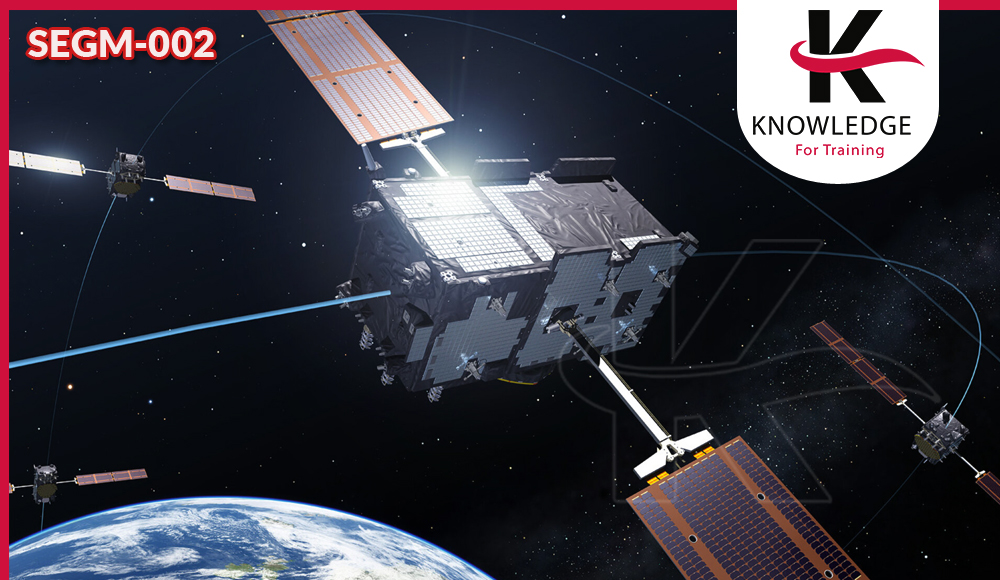-
Course Code
SEGM-002

Methods of Monitoring the Global System for Satellites in the GPS Space
- Course will providing an up-to-date and comprehensive treatment of GPS and other global navigation satellite systems (GNSS) and their applications, including: GPS total system architecture, space segment, control segment, and user equipment’s GPS signal characteristics, modulation types, multiplexing techniques; GPS signal modernization; GPS signal acquisition, tracking, and data demodulation; impact and mitigation of interferences, multipath and scintillation GPS receiver architecture and performance, software receivers Differential GPS, precision positioning using carrier-phase, carrier-phase-based attitude determination, integrated GPS/inertial navigation, integrated GPS/odometer navigation, integrity monitoring, anti-jamming and anti-spoofing techniques PS augmentations, GPS integration with cell phone services, weak signal acquisition and tracking GPS-related test.
Learning Outcomes
- Learn GPS total system architecture, space segment, control segment, and user equipment
- Study GPS receiver architecture, performance, and software receivers
- Learn GPS-related test and integration equipment and approach
- Understand GPS signal characteristics, modulation types, and multiplexing techniques
- Master GPS augmentations, GPS integration with cell phone services, weak signal acquisition, and tracking
- Survey GPS applications and various markets
Course Contents
- GPS Installation & configuration
- Linux tool Automation & GPS Installation
- Principles of Radio Navigation (Reference frames; coordinate transformations; orbital dynamics; time standards)
- Navigation Solution Methods (Newton-Raphson method; code-range, phase-range, and over-determined solutions)
- System Aspects (Satellite control; orbit determination; time synchronization; receiver types)
- GPS Signal Structure & Observables (Code structure; ephemerides; navigation message; encrypted vs. non-encrypted signals)
- Errors in the Navigation Solutions (Non-Keplerian effects; harmonic corrections; ionospheric effects; dilution of precision)
- The Future of Global Navigation Satellite Systems
- A first look at the GPS signal and an introduction to the GPS receivers used in the laboratory
- Almanac, Orbits, and Satellite Locations
- Ephemerides and Satellite Locations
- Signal Correlation and Acquisition
- Signal Acquisition
- Signal Tracking
- The GPS Navigation Solution
- Differential GPS
- Variety of GPS receivers
Our Methodology
- Make coaching and monitoring innovative and using modern
- Media training also using on the go training by using interactive means and focusing on
- The exercises, practical applications and real situations study
- Live delivery method, instructor-led training
- Experienced consultant, trainers, and professional
- Qualified trainer with high-level experience
Attendance Reports
- Send daily attendance reports to training departments
- Send full attendance report to training dep. by the end of the course
- Attend 100 % from the course days also provide daily
- Issue attendance certificate for participant who attend minimum 80% from the course duration
Pre/Post Reports
- Pre- assessment before starting training
- Post assessment after finish training
- Full report for the deferent between Pre-& Post assessment
Who Should Attend
- All working in GPS application fields with prior theoretical and practical knowledge of GPS
- Surveying Engineers
- Surveying Technicians
